5 Fundamental Apps for STEAM Classrooms
- By

- 09/15/15
Common Sense Media’s service Graphite, which offers independent ratings and reviews of learning apps and websites, has compiled this list of apps that every STEAM classroom must have. For complete reviews, and for each app’s "Learning Rating," visit the Graphite website.
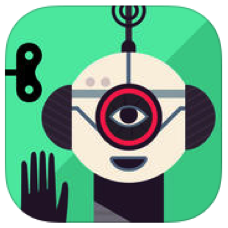 The Robot Factory
The Robot Factory
Grades: K–8
Price: $3.99
Concepts: Design thinking, engineering, physics, applying information, making new creations
With the Robot Factory app, students can design robots and test them through physics-driven trial and error. Using hundreds of mechanical parts, kids can choose the torso, head, arms, legs, hands, facial features and color scheme of their creations. From there, students can save their robots to their collections and test them in the "real world," where they navigate over and around obstacles. Their experiments, and the ability to continually edit their designs, will help them think like scientists and learn which robot parts work best on which kinds of terrain. The Robot Factory's dazzling graphics and open-ended play make the app a great introduction to design thinking, iteration, and other STEAM concepts and skills. Read the full Graphite review.
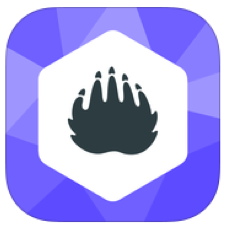 DIY App - Creative Community for Kids
DIY App - Creative Community for Kids
Grades: 2–5
Price: Free
Concepts: Innovation, asking questions, making new creations, giving and receiving feedback, social media
DIY App - Creative Community for Kids is the companion to the crafty, creative how-to website DIY.org. Both the app and website allow kids to post their DIY projects, get feedback from other users and participate in a community of young makers. This highly engaging app helps kids learn by following directions, asking questions, presenting their work, communicating their feedback and earning badges as they complete projects. The app version makes it easy for kids to take images and post them on the site, a key part of participating in the DIY community. Whether used for simple browsing or for getting involved in the greater DIY/maker movement, the app is a virtual treasure trove of creative activities and crafty, skill-building ideas. Read the full Graphite review.
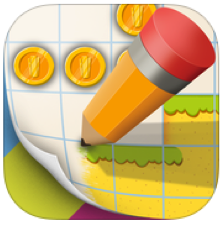 Pixel Press Floors
Pixel Press Floors
Grades: 3–8
Price: Free
Concepts: Imagination, digital creation, defining problems, problem-solving
Pixel Press Floors gives students the tools to create and customize their own video games, bringing their ideas to life and allowing them to share their creations with a global community. Using the app's "glyph" notation, students can draw their ideas for a game, take a photo and upload it to their levels. The emphasis on iteration and access to solid creation tools makes learning basic design and engineering skills fun. Kids will learn a lot by creating their own problems to solve and seeing their drawings become real-life video games. For those students who are always eager to play games in class, this is a great resource to get them thinking about the work that goes into making those games. Read the full Graphite review.
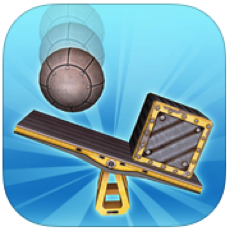 TinkerBox
TinkerBox
Grades: 6–12
Price: Free
Concepts: Physics, engineering, developing novel solutions, making new creations, problem-solving, strategy
TinkerBox is part game, part creative outlet. Kids can work their way through the six levels, each offering many stages, where they drag the right objects into place to complete physics puzzlers similar to Rube Goldberg machines. Kids also can create their own inventions using the objects: balls, bolts, chains, connectors, conveyer belts, fans, wheels, ropes, scissors, switches, wrenches and more. The app comes preloaded with several inventions, and kids can alter them or study them for inspiration. TinkerBox is a fun and functional resource for kids to learn, practice and apply physics and engineering principles through hands-on problem-solving and creation. Read the full Graphite review.
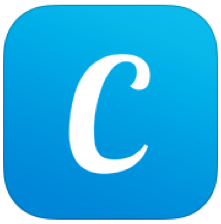 Codecademy: Hour of Code
Codecademy: Hour of Code
Grades: 7–12
Price: Free
Concepts: Productivity, working efficiently, academic development, using and applying technology
Codecademy: Hour of Code lives up to its title by offering a handful of bite-size lessons in JavaScript and HTML. Walking kids through simple point-and-click exercises, the app introduces key concepts such as variables, operators, flow control and markup in a way that makes it easy and fun. Each lesson consists of quick instructions, a snippet of code and part of the code for the student to manipulate. After as little as 30 to 45 minutes, would-be programmers will have completed dozens of lessons designed to encourage future study. The skills they can learn have endless possibilities in our current economy and will instill the confidence kids need to keep learning and building in the digital world. Read the full Graphite review.